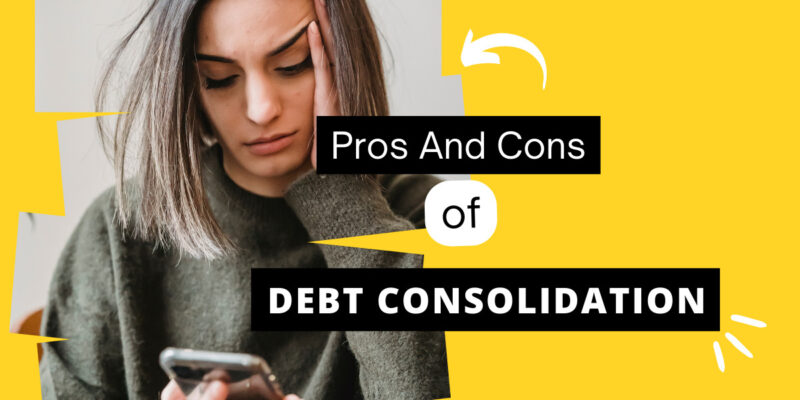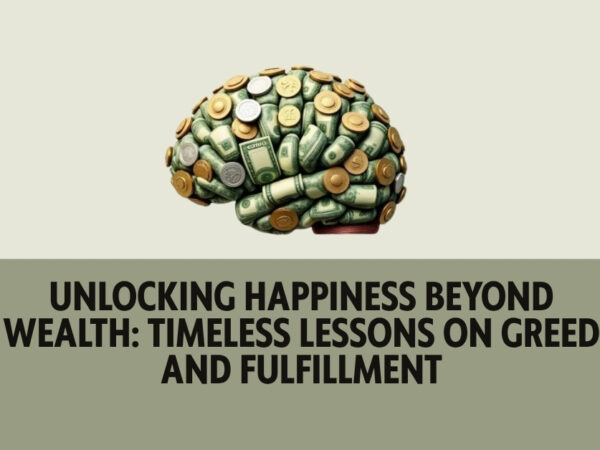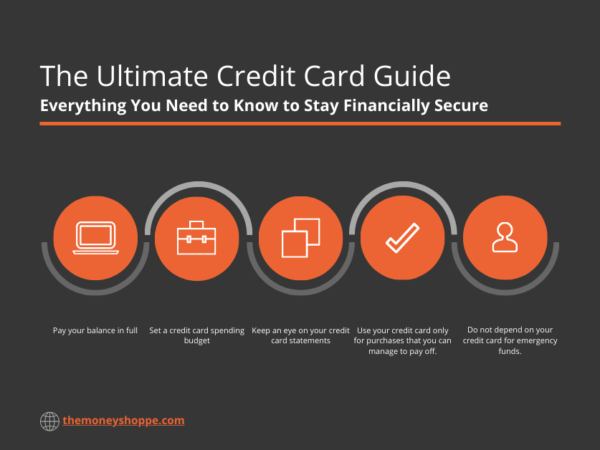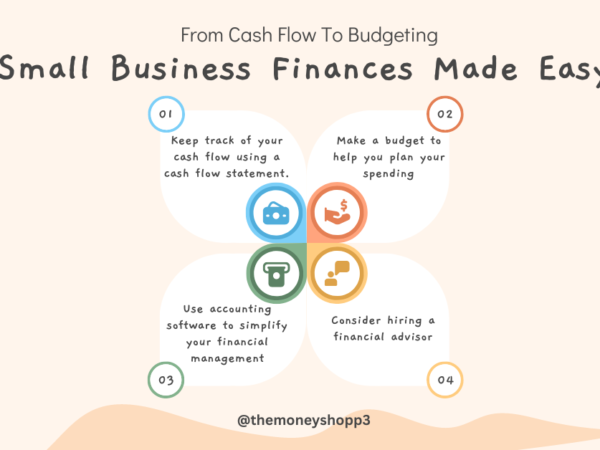
When people are in debt, they often think about debt consolidation as a way to save money. The idea is to get one loan to pay off several other loans. This can make it easier to pay back the loans and may even lower the interest rate. But consolidating debt isn’t always the best way out for everyone. In this article, we’ll talk about the pros and cons of debt consolidation so you can decide if it’s the right choice for you.
- What is Debt Consolidation?
- The Benefits of Debt Consolidation
- Simplified Repayment Process
- Potentially Lower Interest Rates
- Improved Credit Score
- Fixed Interest Rates
- The Pitfalls of Debt Consolidation
- Longer Repayment Terms
- High Fees and Charges
- Temptation to Accumulate More Debt
- Potential Loss of Assets
- Types of Debt Consolidation Loans
- Balance Transfer Credit Cards
- Personal Loans
- Home Equity Loans
- Is Debt Consolidation Right for Your Financial Situation?
- Assess Your Current Financial Situation
- Consider Your Debt Consolidation Options
- Calculate the Total Cost of Consolidation
- Conclusion
- FAQs
1. What is Debt Consolidation?
Debt consolidation means putting all of your bills into one loan. The goal is to make it easier to pay back the loan and maybe even lower the interest rate. You pay one monthly payment to a debt consolidation company or a loan instead of several payments to different lenders.
2. The Benefits of Debt Consolidation
2.1 Simplified Repayment Process
Debt consolidation offers the major advantage of streamlining the repayment process, making it much simpler and easier to manage. You can simplify your financial obligations by making just one payment each month instead of juggling multiple debts and due dates. Managing multiple payments can be quite stressful and there’s always a chance of missing a payment. However, consolidating payments can help alleviate this stress and reduce the likelihood of missing a payment.
2.2 Potentially Lower Interest Rates
A lower interest rate is another possible advantage of debt consolidation. Consolidating your debts into a single loan with a reduced interest rate can help you save money on interest payments if you have high-interest loans like credit cards.
2.3 Improved Credit Score
Debt consolidation may also boost your credit score. Consolidating your obligations allows you to pay off your existing debts while also lowering your credit usage rate, which can improve your credit score.
2.4 Fixed Interest Rates
Many debt consolidation loans come with set interest rates, so your rate won’t fluctuate over time. Making a budget and planning for your monthly payments may become simpler as a result.
3. The Pitfalls of Debt Consolidation
While debt consolidation can be beneficial, there are also potential pitfalls to consider.
3.1 Longer Repayment Terms
Longer repayment durations are one danger of consolidating debt. Even though longer repayment terms may offer lower monthly payments, the overall cost of interest may rise.
3.2 High Fees and Charges
Lenders and debt consolidation firms could impose fees for their services, raising the overall cost of consolidation. When considering if debt consolidation is the best option for your financial circumstances, it’s critical to take these costs into account.
3.3 Temptation to Accumulate More Debt
Debt consolidation can free up credit on your credit cards, which might otherwise be tempted to be used for extra expenditure. Avoid taking on additional debt and concentrate on repaying your current bills instead.
3.4 Potential Loss of Assets
Some debt consolidation options, including home equity loans, call for collateral. You run the risk of losing your home or other assets if you are unable to make your payments.
4. Types of Debt Consolidation Loans
There are different types of debt consolidation loans available, including:
4.1 Balance Transfer Credit Cards
Credit cards with balance transfers let you move the remaining debt on high-interest cards to a new card with a lower rate of interest. You may be able to save money on interest fees with some balance transfer credit cards’ temporary 0% introductory interest rates.
4.2 Personal Loans
Unsecured loans like personal loans can be used to pay off debt. Both the interest rate and the payback periods are frequently fixed.
4.3 Home Equity Loans
Your home is used as security for home equity loans. They might have lower interest rates, but you run the danger of losing your house if you can’t keep up with the payments.
5. Is Debt Consolidation Right for Your Financial Situation?
Before deciding on if debt consolidation is the right choice for your finances, there are a few things to consider.
5.1 Assess Your Current Financial Situation
Evaluate your existing financial condition carefully, paying particular attention to your income, outgoings, and obligations. Asses whether debt consolidation is the best option for your financial objectives.
5.2 Consider Your Debt Consolidation Options
Compare the interest rates, costs, and repayment terms of the various debt consolidation solutions. Select the strategy that most closely matches your financial condition.
5.3 Calculate the Total Cost of Consolidation
Determine the overall cost of consolidation, taking into account any fees, interest costs, and possible asset losses. Analyze the expense of consolidation in relation to the potential rewards.
6. Conclusion
Even though debt consolidation can be useful, it’s important to weigh the pros and cons before making a final choice. If you take the time to assess your financial situation, look into your options, and calculate the total cost of consolidation, then consolidating your debt may be the best course of action.
7. FAQs
- Can debt consolidation lower my monthly payments?
- Yes, putting all of your debts into one loan could possibly lower your monthly payments.
- Will debt consolidation hurt my credit score?
- It can temporarily lower your credit score, but it might also raise it in the long run.
- Are there fees associated with debt consolidation?
- Yes, lenders and companies that help with debt reduction can charge fees for their services.
- How long does it take to pay off a debt consolidation loan?
- The length of time it takes to pay back a debt consolidation loan varies on the amount borrowed and the lender.
- What happens if I can’t make my debt consolidation loan payments?
- You run the risk of losing what you own, including your home, if you are unable to make your payments. Before selecting debt consolidation, it’s crucial to carefully weigh the risks involved.














